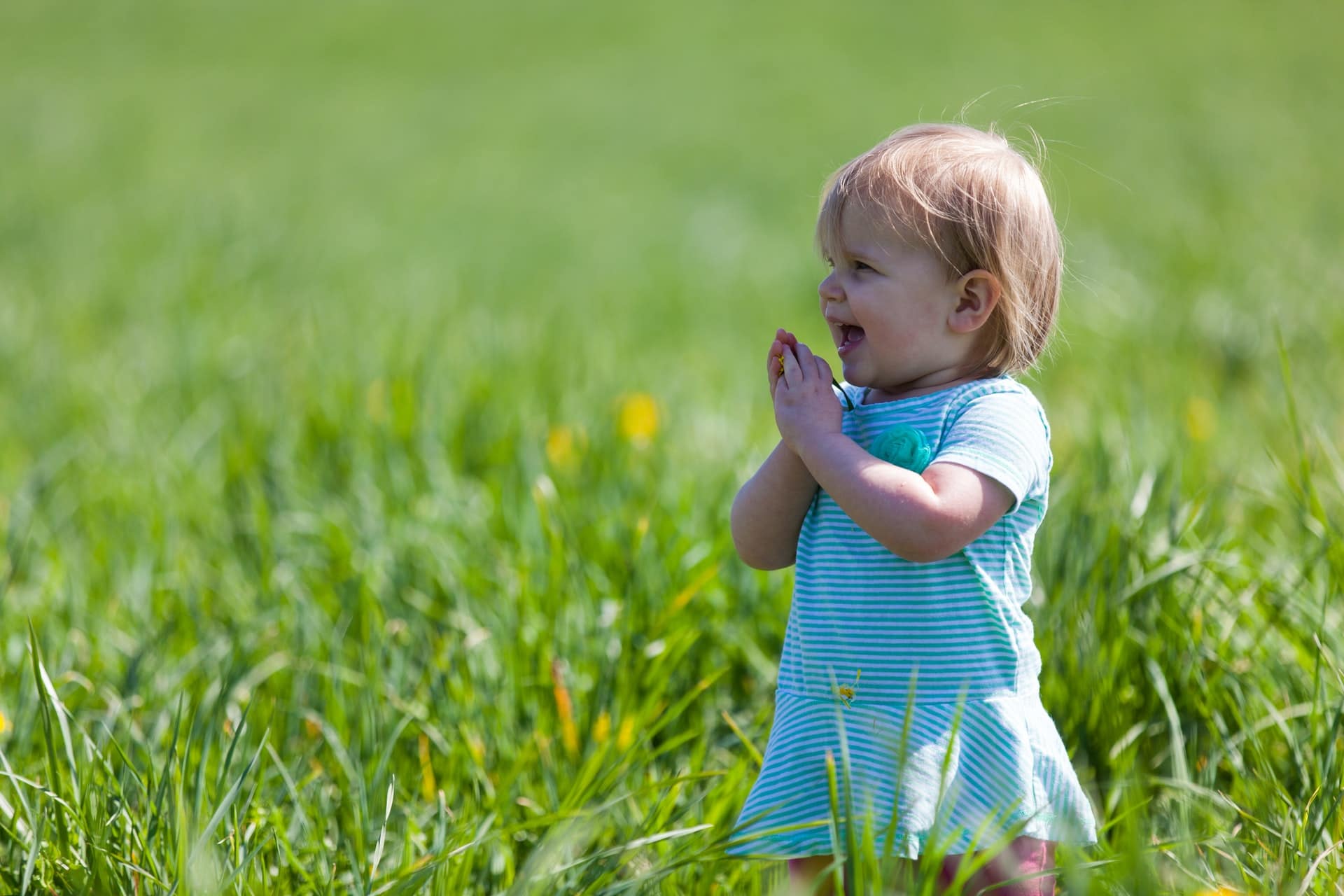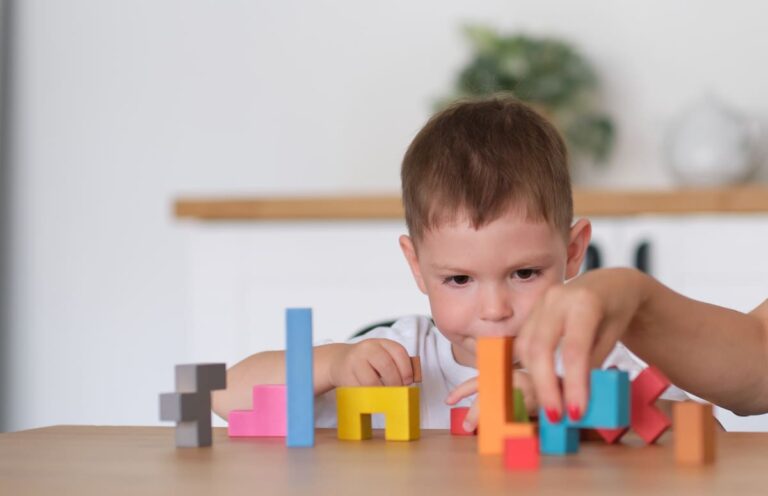Observing baby’s speech and language development is a fascinating journey. In just a year, from the first sound uttered at birth (a cry) to a baby using single words, there are many significant milestones along the way.
The child’s first latching on to a nipple largely affects what specific sounds will develop-the lip sounds (m,p,b,w) and the swallowing movements (t,d,k,g)
Is it any wonder that Mum and Dad are some of the first words the child is likely to say?
A child’s first cry at birth heralds the beginning of speech-the child learns to exhale and make sound. We learn to talk on our exhalations, not inhalations.This activity further develops in the first year as the child listens to others talking around them along with environmental sounds and themselves as they begin to learn to make sounds; babble and try to imitate others.
Mouths play a large part in giving sensory feedback, not only when teething when these teething rings were introduced, but throughout the early months.
Toddlers like to “mouth” objects to explore different sensations around the mouth as they become more used to using their hands to draw objects to their mouth, which involves a developing level of motor control. Later this is transitioned into taking food to their mouths as is evidenced in following footage.
Exploring the sensations of different environmental textures later helps the child to accommodate solid food with varying textures. At 6 months,solid foods are introduced.
Children then want to “feed themselves” and explore the various textures and tastes.
During this time which further aids tongue, lip and cheek development and swallowing (hence t,d,k,g) are likely to emerge as these sounds involve the lip and tongue movement.
It takes a while for children to get the hang of feeding themselves. This footage shows a mixture of hands and spoon. As time goes on children become more adapt at feeding themselves with just a spoon or fork.
Gradually, communication begins to emerge as they try to communicate with each other and their parents and with others later.
Early literacy has begun! Pre literacy skills begin to emerge at birth as children learn to listen to sounds and discriminate between them. Rhythm and rhyme are essential skills to develop as well. It is no wonder that nursery rhymes are prevalent in all languages and cultures across different eras. Some rhymes such as Little Bo Peep were told children 500 years ago as well.
To foster literacy, reading and singing to children is essential. Reading stories to children develops their vocabulary. At first interest in looking at books is fleeting, but they are listening to narrative text. Then they go through the stage of being more interested in chewing on the book corners!
If the child is not babbling or making gestures towards others, it may be an early sign of speech delay that may need the attention of a speech therapist. It is never too late to seek the attention your child needs but generally the earlier the better. Nowadays, sessions can be booked remotely as there are online speech therapy services available.
Rhythm is also essential and it can be perfected not only via rhymes but through children poems. Children love repetition and unlike parents, hearing the same poem day in and out will be only beneficial for their development.











